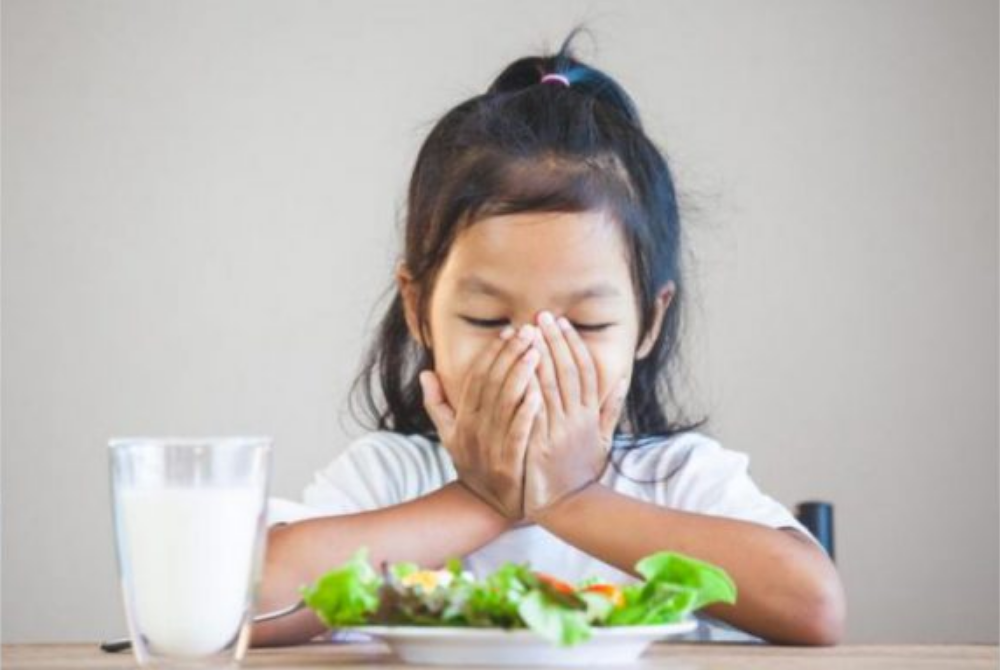How do you train your children to fast?

Ramadan is the most sacred time of the year for Muslims. For parents with young children, it’s an opportunity to teach them about the beauty of the holy month, and train them to fast.
But getting them on board to fast comes with its set of worries. Will they be able to cope mentally and physically? How will it impact their health?
A pediatric specialist from Kota Warisan Siti Pediatric Specialist Clinic, Dr Nor Azyati Yusof shared some insights in an interview with SinarPlus recently.
To have a better understanding of what age a child is mature enough to understand the concept of fasting, Dr Nor Azyati said it could be as early as four or five years old.
“Even so, it depends on their physical and mental readiness of the children in going through the no-eating and no-drinking phase for hours.
“Generally, when children reach the age of seven years old or older, they should be able to comprehend the concept of fasting,” she said.
The key is to start them early. Educate them on fasting, tell them interesting stores of Ramadan as written in the Quran.
"Besides that, the parents can also show picture books on the daily routine of fasting, starting from how to recite the dua for fasting, waking up at dawn, breaking fast, and rewarding them if they successfully managed to fast.
"Show pictures of the activities that the family can engage in during the month of Ramadan to excite them further,” she said.
A reward system is also a great way to motivate them, but at the same time ensure that snacks and food are well hidden as to not tempt them otherwise.
FASTING WILL NOT HAVE AN ADVERSE IMPACT ON CHILDREN'S HEALTH
Dr Nor Azyat said, the practice of fasting for eight to 12 hours will not have negative impacts on the health of the children if several measures are taken, like taking into account of the child’s existing health condition.
Based on the Journal of The Pakistan Medical Association, National Health Service United Kingdom, fasting will not put the health of the children at stake and they also encourage the children to be exposed to fasting in early stages for them to understand the needs of fasting.
However, Dr Nor Azyati said parents should monitor the health of their children when they are fasting. For example: If they are unwell, ask them to take a break from fasting.
Parents should allow them to break their fast if they appear to be dehydrated Encourage them to have indoor activities to avoid them from being exposed to the hot weather.
Dr Nor Azyati shared that the dishes for breaking fast should be planned ahead to ensure the children are eating healthy and balanced meals.
“Ideally, meal planning should include a balance of carbohydrates, protein and fiber so that children do not get bored and that they stay energetic throughout the day,” she said.
Moreover, the expert said children should drink at least six to eight glasses of water every day as the body requires sufficient liquid for the body to function better and to avoid fatigue.
“The scheduled water intake technique can be practiced, which is to drink a glass of water every one to two hours after breaking fast.
Sunnah practices such as delayed suhoor are also encouraged to prevent children from feeling hungry too early in the day, she explained.
She added that should a child experience some weight loss while fasting, it could be closely linked to a decrease in fluid intake and the number of calories per day.
"In general, adults also lose around 1 to 2 kilograms when fasting and it is still in a healthy range and not harmful to health," she said.
Download Sinar Daily application.Click Here!















